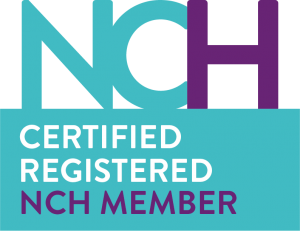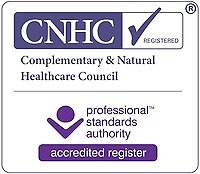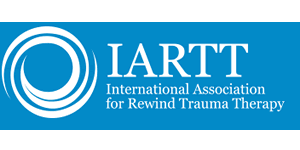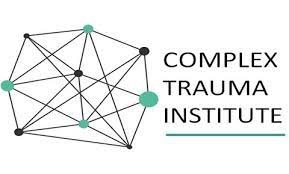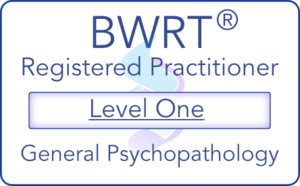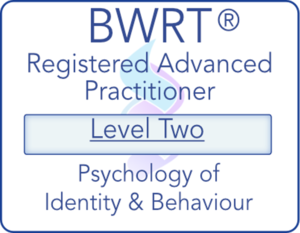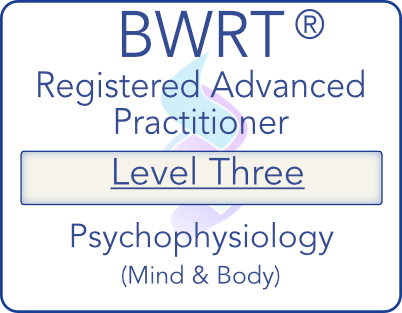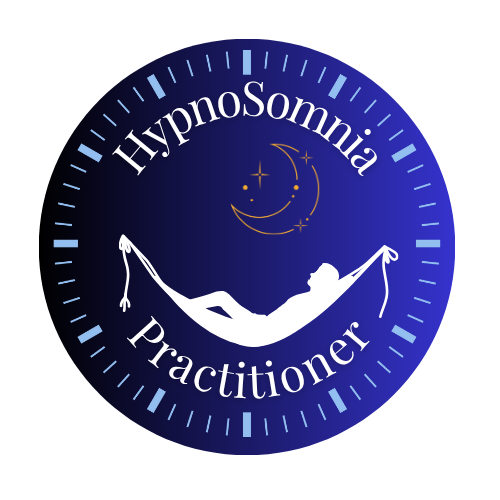Don't let PTSD ruin your life!
PTSD can be devastating but can usually be treated easily and rapidly.
Find out more
What is PTSD?
Post-Traumatic Stress Disorder (PTSD) is essentially a memory processing error caused by a traumatic experience. It can affect anyone who has been exposed, whether they are a survivor, a witness, someone who only heard about the event and imagined what happened, or even a perpetrator. It can develop immediately after the traumatic event or it may take weeks, months or even years to become apparent. It can often continue for many decades if left untreated.
Not everyone who is exposed to a traumatic event will develop PTSD but for those who do, the impact can be devastating. The involuntary recall of the trauma can be very distressing and is associated with avoidance behaviours, hyper-arousal and emotional numbing. It can affect relationships and impair the person’s ability to function and carry out normal everyday tasks.
Symptoms of PTSD
Common symptoms of PTSD include: flashbacks, panic attacks, intrusive thoughts or images, poor sleep, nightmares, unpleasant physical sensations (a tight chest, changes in breathing, sweating, nausea, dizziness, shaking, pain, etc), intense distress triggered by reminders, avoidance behaviours, anxiety, depression, anger, irritability, aggression, feelings of guilt, difficulty concentrating, remembering and making decisions, and emotional numbness. It can sometimes lead to unhealthy coping mechanisms such as such as misuse of alcohol or drugs and self-harming.
Causes of PTSD
PTSD can be caused by exposure to events such as: serious accidents, diagnosis of a serious illness or time spent in ICU, sexual or other assault, domestic violence, child abuse or severe neglect, military combat, bullying, childbirth, bereavement, burglary, seeing disturbing images, natural disasters, terrorist attacks, refugeeism, being held hostage, or witnessing a violent death.
What is Complex PTSD (C-PTSD)?
Someone who is repeatedly exposed to traumatic experiences (childhood abuse or severe neglect, domestic violence, military combat, etc) may develop Complex PTSD. The symptoms are very similar to those of PTSD and include those listed above. People with C-PTSD may also experience difficulty trusting people, feelings of shame, dissociation and suicidal thoughts.
Don't let PTSD ruin your life!
PTSD can usually be treated very quickly - often in just one session, even when it has been present for decades. C-PTSD can also often be treated relatively quickly, although it generally takes longer, as you would expect. My preferred treatment method for PTSD and C-PTSD is Dr David Muss’ Rewind Trauma Therapy.
What is Rewind Trauma Therapy?
Rewind Trauma Therapy has become internationally recognised as an indispensable treatment for rapidly providing closure to people with PTSD and C-PTSD. It offers a way to permanently stop the distressing involuntary recall by processing the traumatic memory template, bringing it under control. It does not erase the memory, which can still be recalled if the person chooses to do so.
It aims to restore normal functioning and eliminate the need for avoidance behaviours so that the person can once again interact, work, drive, etc. as easily as they could before the trauma.
It usually requires just one or two sessions to bring about closure for single traumas. For multiple event traumas such as domestic violence, abuse or military combat, each traumatic episode can be dealt with separately over separate sessions but, depending on the way the involuntary recall presents, it can sometimes also be dealt with in a single session. Studies indicate that the technique is successful in almost 90% of cases. This statistic reflects my own experience. Rewind Trauma Therapy does not involve hypnosis, although, in some cases, I use it alongside hypnotherapy.
Advantages of Rewind Trauma Therapy
One advantage of Rewind Trauma Therapy over other imaginal exposure therapies in that no details have to be disclosed to the therapist for them to be able to help the client. This makes it an excellent option for people who do not want to divulge any details of what happened to them or worry that talking about it will be too traumatic. It also means it is ideal for people providing medical and emergency services (police officers, paramedics, etc) who may be traumatised in the course of their work but cannot reveal details for reasons of confidentiality or security.
Another advantage is that it is much quicker than other therapies, not only shortening the length of time the person has to endure the problem and attend therapy sessions but also making it much more affordable.
The technique can also be used to treat phobias (usually in just one session) and can help some people with OCD as part of wider therapy.
My Experience using the Rewind Technique
I have been trained to use Rewind Trauma Therapy by Dr David Muss, developer of the technique and Founder of the International Association for Rewind Trauma Therapy (IARTT). I am on the IARTT's register of qualified practitioners and am also a member of the Complex Trauma Institute. I have a very high rate of success using the technique to rapidly treat clients who have been traumatised by a diverse range of events.
If you think Rewind Trauma Therapy may be able to help you, please get in touch.
Contact me


